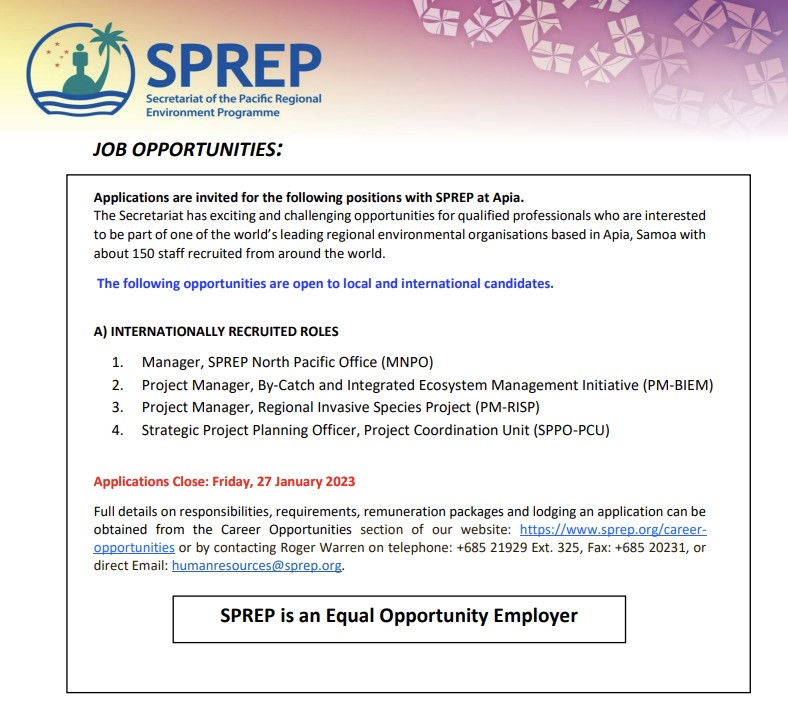What I say when I talk to myself
- Admin
- Jan 8, 2023
- 3 min read

I think I’ve been repeating myself. Granted, most people do that more than they realize, but lately I feel like I’ve been reliving the same moment.
The U.S. House of Representatives passed legislation in December paving the way for Puerto Rico to vote on its status, the options being to become the 51st state, a completely independent nation, or a sovereign nation in free association with the United States. All of this follows a bilingual voter education campaign, a plebiscite, and a constitutional convention. This sounds familiar.
The U.S. Senate is highly unlikely to take up the issue, so, in all likelihood, it will be dead. Of course, both incoming chambers of Congress can take it back up once the 118th Congress convenes. So, for all practical purposes, it is dead.
This also sounds familiar. I’ve seen it happen with numerous pieces of legislation.
ADVERTISEMENT

In 2023, I’ll be thinking about fungibility.
Something is “fungible” when it can be replaced by another item. Exchangeable is a helpful way to look at it. Cash is fungible. It can be replaced with other cash and be used for any economic exchange.
Take for example Donald Trump’s digital trading cards. Three weeks after announcing he was seeking another bid for the White House, the former president made a “major announcement” that he was selling digital images of himself as a Superhero doing things that he has never done. At $99 per image, these cards purportedly sold out fast.
These cards are “Non-Fungible Tokens” or NFTs, which are essentially digital collectors’ items: images, screenshots, music, and the like. An NFT is created on blockchain, which itself is basically an electronic ledger shared across digital peer networks, ostensibly making it permanent and traceable. An NFT gets digitally anchored and thus its ownership can be authenticated within the blockchain, but the “consumable content,” what you can see, read, or hear, doesn’t change hands. Only the blockchain report of who owns it does.
Thus, when you buy and sell an NFT, what you basically get is a digital record that it’s yours. A digital anchor signifying ownership.
This sounds vaguely familiar. In fact, it sounds a bit like Yapese stone money.
For centuries, chunks of limestone would be mined and crafted into large discs, which may or may not have then been moved to various places. These pieces weigh more than most cars I’ve owned.
As the legends of stone money tell us, their value came from a shared belief that it was valuable, even if it never physically changed hands. As in, I own this stone and you don’t, therefore I have a social standing that you lack. But after a bad year, I need money, so I am selling it to you. But of course, it’s too heavy to move. Therefore, instead of everyone saying I own this massive, immovable, arguably useless thing, everyone will now say you own this massive, immovable, arguably useless thing.
Legend has it that there are pieces of money on the bottom of the ocean that continue to be exchanged.
Some advice to Yap State: forget about having UNESCO designate the stone money quarries as World Heritage sites and instead have the stone money itself declared cultural heritage. Then you can make an NFT featuring the image of stone money.
You could also put more effort into prosecuting murderers.
ADVERTISEMENT
In other news, Palau has a new Economic Development Advisory Group “to provide recommendations on how the United States can best contribute to the long-term stability and resilience of the island.”
This sounds familiar. Wasn’t that the original purpose of the Compact, and the Compact funding?
Among the members is James Galbraith, son of John Kenneth Galbraith, one of the 20th century’s most influential economists and advisor to President Kennedy, among others. James Galbraith is a professor at the Johnson School of Public Affairs at the University of Texas. Aside from advising China on macroeconomic reform, he has written widely on inequality and is a driving force behind the University of Texas Inequality Project.
If there’s one hope that I have for the advisory group, it is for Prof. Galbraith to spend enough time in the Pacific to actually witness, if not experience, inequality within the region. Perhaps even spend time in other COFA jurisdictions and beyond.
Then again, a few years ago I said a similar thing to George Washington University law professor and now Fox News pundit Jonathan Turley when I invited him to come to Chuuk. In fact, I think I said I challenged him.
I think, in fact, I am repeating myself.
Gabriel McCoard is an attorney who previously worked in Palau and Chuuk State. Send feedback to gabrieljmccoard@hotmail.com.
Subscribe to
our digital
monthly edition





Comments